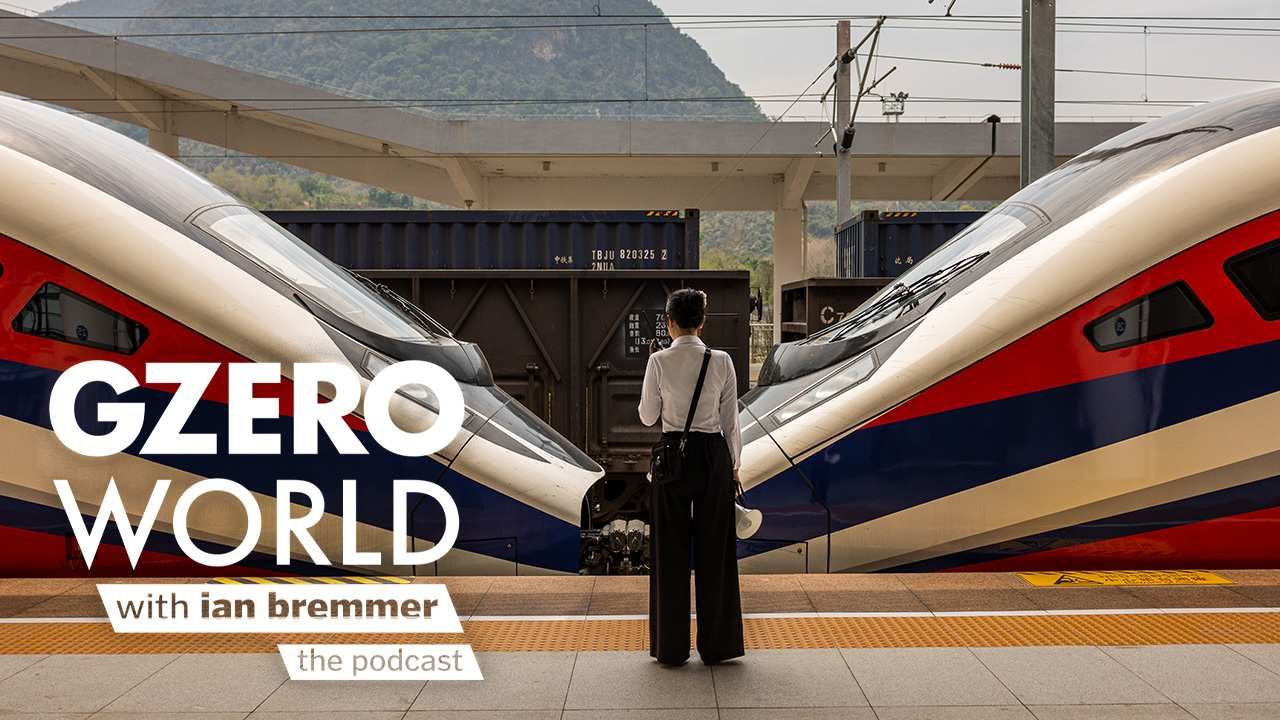What We're Watching
US threatening Germany over Chinese 5G – The Trump administration is willing to cut intelligence-sharing with Germany unless Berlin bans Chinese equipment maker Huawei from its 5G networks. Washington is pressuring Europe more broadly to drop Chinese 5G suppliers over concerns they could give Beijing backdoor access to sensitive communications, data, and networks. Germany is crafting new regulations meant to address these concerns, but it won't impose a blanket ban that could anger China and push up the cost of building the new network. We're watching two things here: first, are those new German rules enough for the Trump administration? Second, will Trump's own (somewhat fickle) approach towards Chinese 5G suppliers (like Huawei) turn out to be as harsh as what he's asking of Europe?
Foreign effects of Trump's new budget – President Trump on Monday submitted his budget proposal for 2020 to Congress. Much of the media has focused on his request for $8.6 billion to build a border wall, which will spark a fresh confrontation with House Speaker Nancy Pelosi. But our eyes are on the nearly 5 percent increase in military spending and sharp cuts to the budgets of the State Department and the US Agency for International Development. Trump will emphasize hard power over soft, and he'll use deep cuts to federal health insurance, the federal pension system, and other social programs to pay for it. The Trump budget doesn't matter much, since Congress controls spending, but it's a good indicator of the president's policy priorities.
What We're Ignoring
North Korea's Parliamentary Elections – The North Korean ruling party has won a stunning landslide victory in the country's latest parliamentary elections, a sign the North Korean people are thrilled with the job their leaders are doing. One noteworthy surprise: Kim Jong-un's name was not on the ballot. It's the first time a North Korean leader has not sought a seat in parliament. We're ignoring this story, because our intuition tells us that Kim's political position remains reasonably strong.
Mayors vs Google – Two mayors in Iceland insist that the Google Maps satellite images of their towns are hurting tourism by showing them covered in snow. "This snowbound image gets on my nerves," one of them told reporters. "I'll post a comment a day, until I get through to them." We're guessing these requests remain fairly low on Google's current to-do list. After all, the company is still – after five years – sorting out whether to show Crimea as part of Russia or Ukraine.
